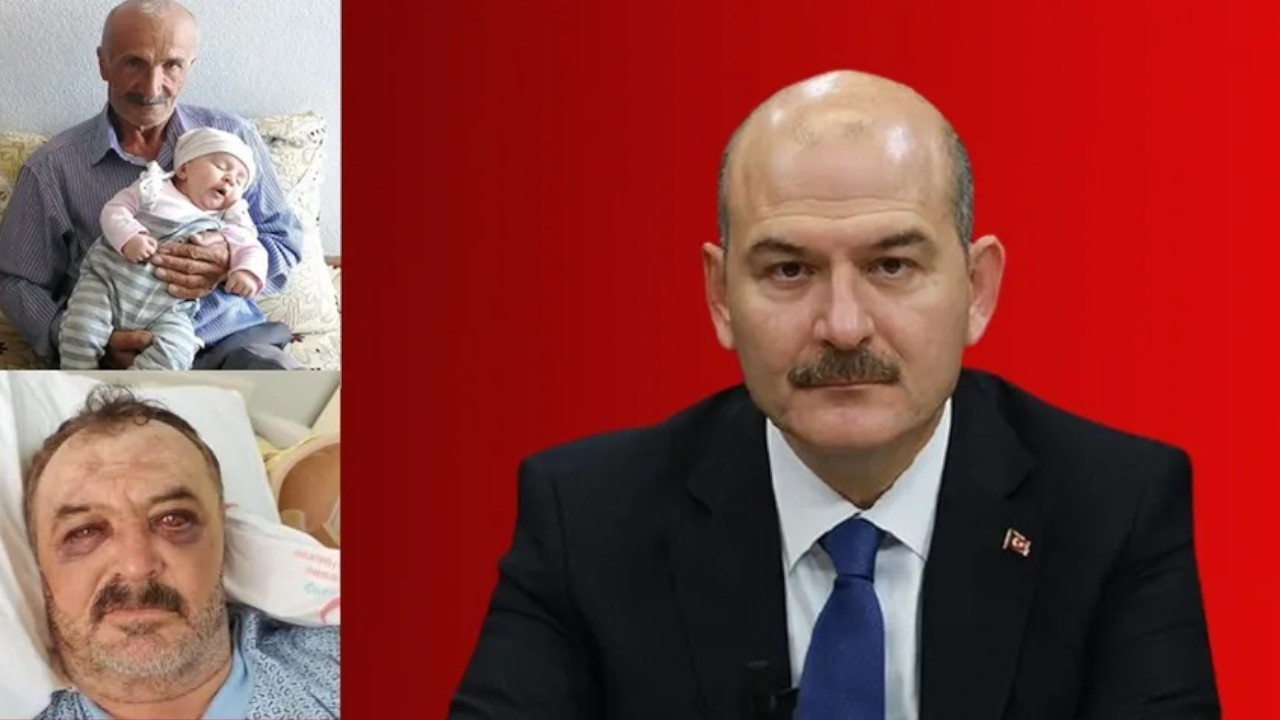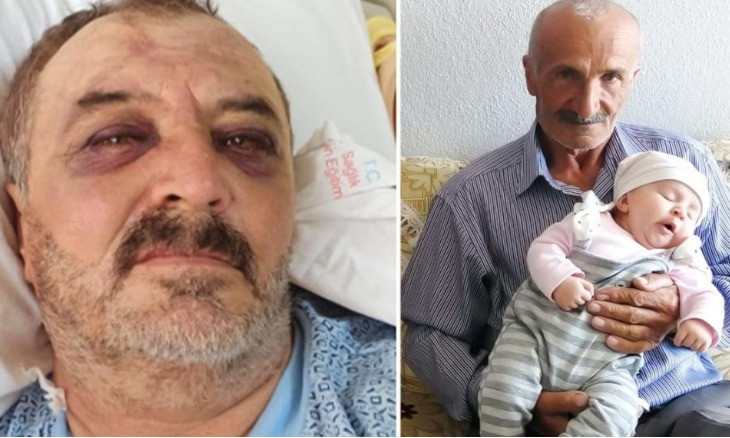Four journalists mark 101 days behind bars for report on helicopter drop of Kurdish villagers
Four journalists have been behind bars for the last 101 days over a report they covered on soldiers throwing two Kurdish villagers off a military helicopter in the eastern province of Van in September. Prosecutors have not yet prepared an indictment detailing the charges against the journalists.
Duvar English
Four journalists have been behind bars for the last 101 days over their report on the throwing of two Kurdish men from a military helicopter in the eastern province of Van.
Following a raid on their houses on Oct. 6, 2020, Mezopotamya Agency journalists Adnan Bilen and Cemil Uğur and JinNews journalists Şehriban Abi and Nazan Sala were detained. Later, they were all formally arrested by a court order on charges of “being a member of a terror organization.”
The journalists are accused of “causing agitation among the public, conducting propaganda, making news stories which aim to criticize, humiliate and defame the Turkish Republic's method and activities in the struggle against terrorism, and reporting on social events which are against the state,” online news portal Bianet said on Jan. 18.
Although the journalists marked 101 days in prison, prosecutors have not still prepared an indictment detailing the charges.
The imprisonment of all the four journalists is linked to their reporting on the throwing of two Kurdish villagers, named Osman Şiban and Servet Turgut, who have been reportedly thrown out of a military helicopter in Van's Çatak district in September 2020.
Both of the men were detained in an army operation, and no information could be obtained on their whereabouts for two days. Their families were then able to locate them at a hospital in Van.
According to hospital records, the two men were brought to the hospital for "getting injured after falling from a helicopter."
Epicrisis reports of Şiban and Turgut also featured the phrase "falling from a high place."
While Şiban suffers from memory loss, Turgut died on Sept. 30 after spending 20 days in a coma.
Turgut's son had said that all the bones in his father's body were broken.
Following public outrage over the incident, a broadcast ban was placed on the reports on the issue.

 Minister refers to Kurdish villagers thrown from helicopter as 'militias,' makes no mention of tortureHuman Rights
Minister refers to Kurdish villagers thrown from helicopter as 'militias,' makes no mention of tortureHuman Rights Turkey detains four journalists for reporting throwing of Kurdish men from army helicopterHuman Rights
Turkey detains four journalists for reporting throwing of Kurdish men from army helicopterHuman Rights Lawyers of Kurdish men thrown from helicopter apply to Turkey's Constitutional CourtHuman Rights
Lawyers of Kurdish men thrown from helicopter apply to Turkey's Constitutional CourtHuman Rights